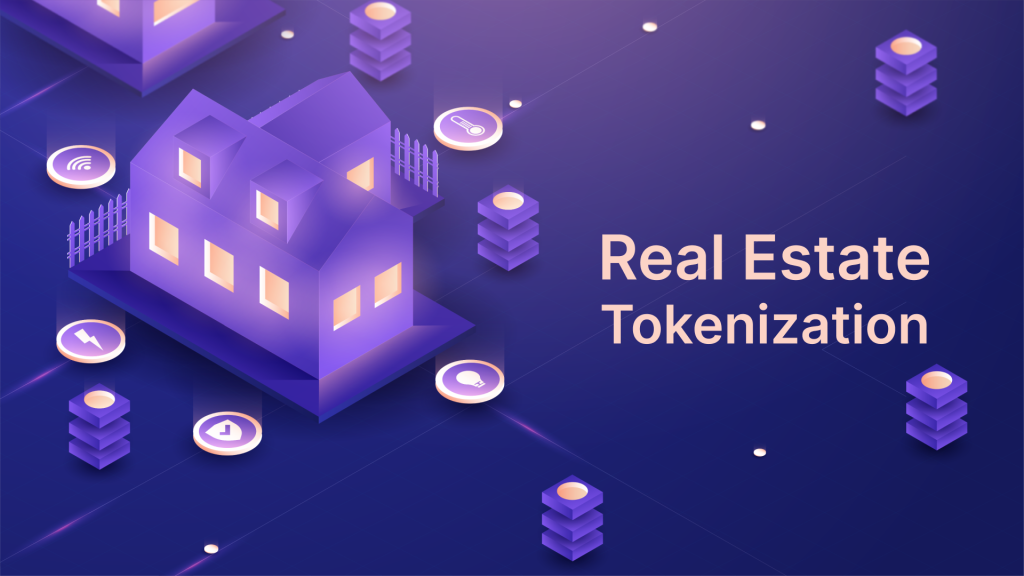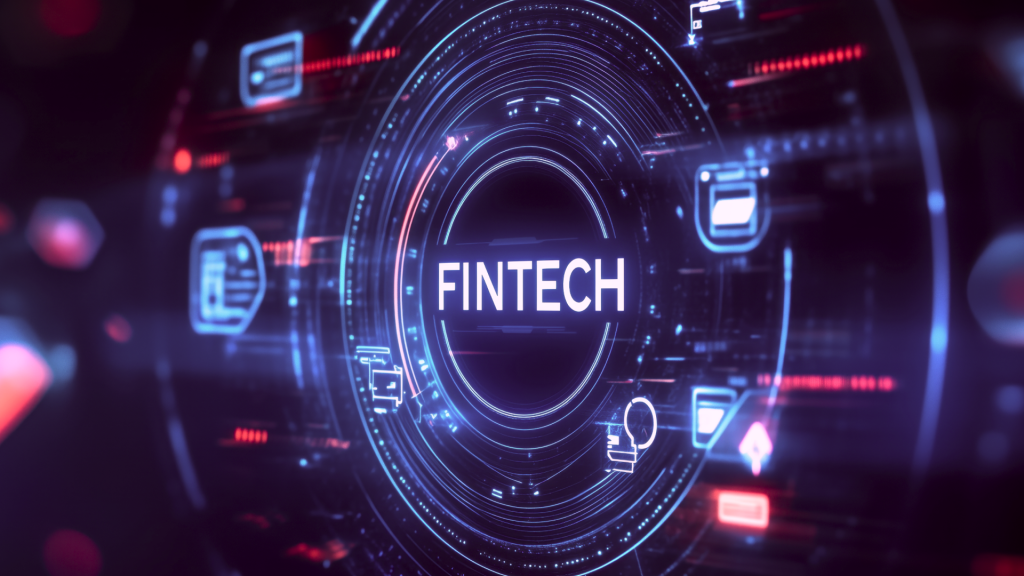Introduction
What if we say that now you can own a fraction of a skyscraper or a historic building in your city without needing millions of dollars upfront?
Sounds fascinating, right?
Welcome to the world of real estate tokenization—a concept revolutionizing property ownership and investment. Fortune Business Insights says the global tokenization market will reach USD 3.32 billion in 2024 and USD 13.2 billion by 2032. On the other hand, a report by IMARC states that the real estate market reached USD 7,239 billion in 2023 and is predicted to reach USD 8,654 billion by 2032.
These numbers tell a story, but the future holds a real surprise. Let’s dive into how tokenization is set to disrupt the real estate world as we know it.
What is the Tokenization of Real Estate?
Tokenization is the process of converting real-world assets into digital tokens on a blockchain. These tokens represent ownership rights or shares of the asset, allowing multiple investors to buy and trade portions of a property.
When we talk about the tokenization of real estate, it simply means that instead of needing to purchase an entire building, you can buy a fraction of it, making real estate investment more accessible and liquid.
With tokenization, the barriers to entering the real estate market are coming down, opening doors for more investors to participate, diversify, and reshape their portfolios in once-impossible ways.
Why Tokenization Matters
At first glance, you might wonder why the worlds of real estate and blockchain need to collide. After all, traditional property ownership has existed for centuries. But the truth is, combining these two worlds is opening doors to possibilities we’ve never seen before, making real estate investment more accessible, flexible, and future-ready.
1. Accessibility
Real estate has traditionally been an asset class that requires significant capital. Tokenization lowers the barrier to entry, allowing individuals to invest in smaller amounts. For instance, instead of needing $500,000 to buy a property, you could invest just $1,000 by purchasing tokens representing a share of that property.
2. Liquidity
One of the biggest challenges in real estate investment is liquidity—the ability to sell an asset for cash quickly. Traditional real estate transactions can take weeks or even months. However, tokenized real estate can be bought and sold on digital marketplaces, allowing faster transactions. This means investors can enter and exit their investments with greater ease.
3. Fractional Ownership
Tokenization enables fractional ownership of properties, meaning that multiple investors can collectively own a property without needing to be involved in its day-to-day management. This can be particularly beneficial for high-value assets, such as commercial properties or luxury real estate, where individual ownership might be financially unfeasible.
4. Transparency and Security
Blockchain technology offers a secure and transparent way to track ownership. Each transaction is recorded on a public ledger, making it easy to verify ownership and the history of the asset. This transparency reduces the risk of fraud and disputes over property ownership.
How Does Tokenization Work?
Tokenization breaks real estate assets into digital tokens representing ownership shares. These tokens are stored on a blockchain, allowing investors to trade them efficiently. This process enhances liquidity and democratizes access to real estate investments.
Let’s explore different possibilities across the residential and commercial real estate markets to show how real estate might be tokenized.
1. Simple Tokenized Real Estate
Simple tokenized real estate refers to a single property represented by tokens on the blockchain, where each token represents a share of ownership in that specific property.
Features:
- Ownership is tied directly to a particular property.
- Tokens can be bought, sold, or traded on digital platforms.
- Provides transparency and security through blockchain technology.
2. Dynamic Tokenized Real Estate
Dynamic tokenized real estate takes the concept a step further by adjusting the value of tokens based on changing property metrics such as rental income or market valuation.
Features:
- Tokens adjust in value dynamically.
- Reflects real-time performance of the property.
- Provides ongoing updates tied to property performance.
3. Fractionized Real Estate
Fractionized real estate allows multiple investors to own portions of high-value property, lowering the barrier to entry and making large investments more accessible.
Features:
- Allows for fractional ownership of expensive properties.
- Makes large-scale investments accessible to smaller investors.
4. Tokenized Real Estate Cash Flow
This model focuses on distributing the rental income or profits generated by the property directly to token holders.
Features:
- Investors earn dividends from rental income.
- Passive income stream through blockchain technology.
- Immediate and transparent distribution of cash flow.
5. Tokenized Real Estate Baskets
Instead of investing in one property, tokenized real estate baskets allow investors to hold tokens representing a diversified portfolio of different properties.
Features:
- Diversifies risk across multiple properties.
- Allows investment in a wide variety of real estate assets.
- Tokens represent a share in multiple properties.
Real-World Applications
Owning prime real estate is now within reach, thanks to innovative companies using blockchain to tokenize properties. Here’s how they’re changing the game:
1. RealIT: This platform offers tokenization of real estate assets, ensuring legal compliance and investor trust through smart contracts and a proven track record in the industry.
2. Roofstock: Focused on tokenized rental properties, Roofstock enhances market access and liquidity, empowering investors with data-driven insights to maximize profits.
What’s Holding Back Real Estate Tokenization?
Real estate tokenization isn’t all black and white. While it opens up exciting opportunities like fractional ownership and better liquidity, it also comes with its share of challenges. Here are some potential challenges:
1. Regulatory Hurdles
The legal landscape for tokenization is still evolving. Jurisdictions have different regulations regarding securities, real estate, and digital assets. Navigating these regulations can be complex, and companies must ensure compliance to avoid legal issues.
2. Market Education
Tokenization is still a relatively new concept for many investors. Educating the market about how tokenization works and its benefits is crucial for widespread adoption. This includes addressing misconceptions about blockchain and digital assets.
3. Technological Adoption
While blockchain technology is gaining traction, not all real estate platforms adopt it. Integrating traditional real estate processes with blockchain technology requires investment and a shift in mindset for many stakeholders.
Conclusion
The tokenization of real estate presents a fascinating yet complex scenario that challenges our traditional views on property ownership. While it opens doors for greater access and liquidity, it raises critical questions about regulation, security, and market stability.
As we look ahead, the future of real estate tokenization is filled with potential and uncertainty. Will it transform the industry, or could it introduce new complications we haven’t anticipated? The path forward is anything but straightforward, leaving us to ponder: Are we ready to navigate the twists and turns of this evolving market?



